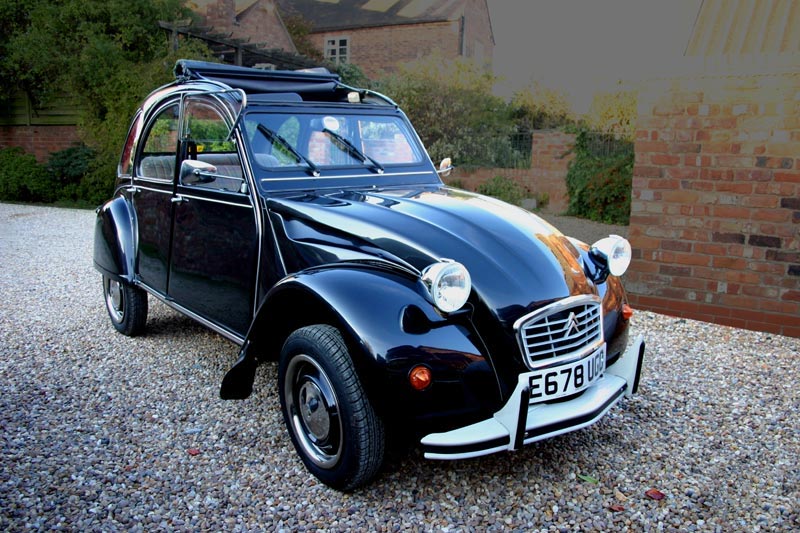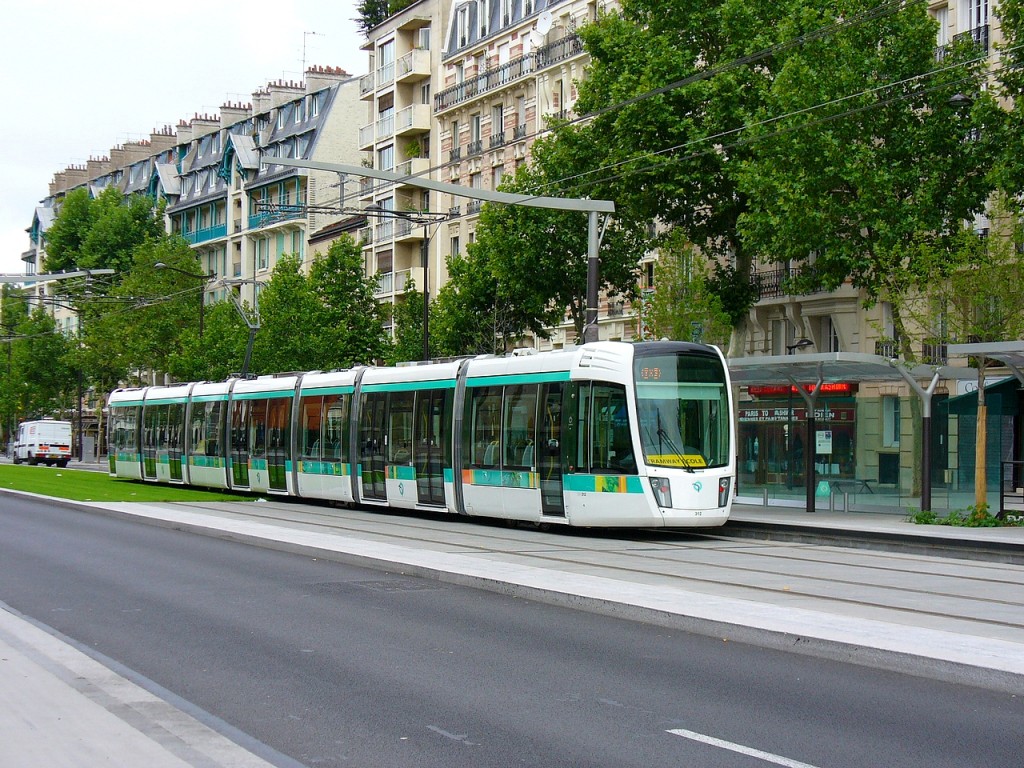Beginning this week, drivers will not be able to take older cars into the center of Paris on weekdays.
The ban encompasses most cars made before 1997 and motorcycles made before 2000, and was enacted to combat rampant air pollution in the French capital.
Older cars and motorcycles now face fines for entering the city between 8:00 am and 8:00 pm on weekdays, although they are still free to drive into Paris on weekends.
DON'T MISS: Pre-1997 cars forbidden in central Paris to cut emissions
Announced last year, the ban is one of the toughest measures taken by a European city to curb air pollution so far.
In order to enforce the ban, cars will be required to display colored stickers corresponding to one of six levels of exhaust emissions.
After an initial grace period extending to October, drivers who violate the ban will be fined 35 euros ($39).

Renault Clio I
The amount of the fine is expected to rise over time, starting with an increase to 68 euros ($75) early next year.
Paris has issued temporary car bans before, but this permanent ban of older cars has incited protests from groups expecting to be impacted by the new policy.
Driver groups initially expressed concern that classic cars—including iconic Citroën 2CVs commonly used to shuttle tourists—would no longer be allowed on Paris streets.
MORE: In Paris, cars compete with other transit modes (and often lose)
However, the Fédération Française des Véhicules d'Epoque (FFVE) collector-car organization recently met with government officials to secure an exemption for what are deemed "historic vehicles," according to Hemmings Motor News.
Cars more than 30 years old that display a "Carte Grise de Collection" sticker—as opposed to the "Carte Grise de Normale" sticker issued to normal cars—will be excused from the ban.
FFVE officials reportedly hope to extend the exemption to newer cars that still fall into the "collector" category as well.

Citroen 2CV
Another group that opposed the Paris ban is 40 Million Drivers, an association that claims the new rule discriminates against poor and working-class drivers, NPR reports.
Pierre Chasseray—the group's executive director—told NPR that most French drivers keep older cars because they can't afford new ones, and public transportation only provides a partial remedy.
But Christophe Najdovsky, deputy mayor in charge of transport and public space, said most low-income Parisians don't own cars at all, and in fact use public transit to get around.
He said the ban would only affect 1,000 of the 600,000 cars that ply Parisian streets on an average weekday.
Previous estimates suggested the ban would affect 10 percent of cars on Paris streets.
Paris has a robust and growing public-transport network, encompassing traditional modes such as subways and trams, as well as bike-sharing and electric-car sharing operations.

Paris tram by Flickr user Metro Centric (Used under CC License)
Over the next few years, Paris Mayor Anne Hidalgo plans to put more pressure on citizens to use these alternatives.
Hidalgo has made no secret about her desire to ban diesel cars from Paris.
She is now reportedly considering a ban on all internal-combustion engine cars registered before 2010, to be enacted in 2020.
_______________________________________________











